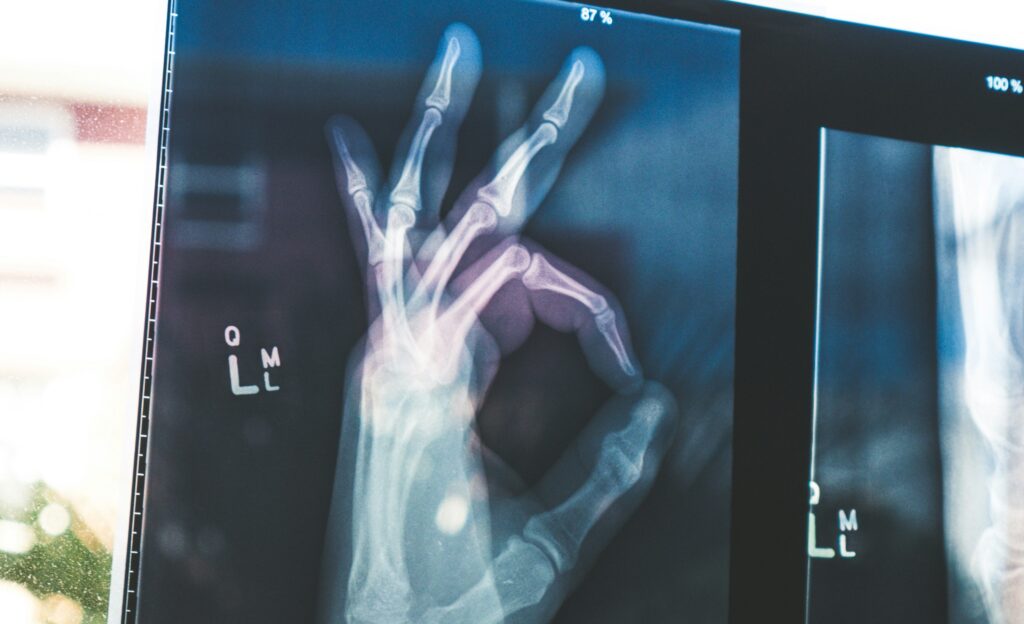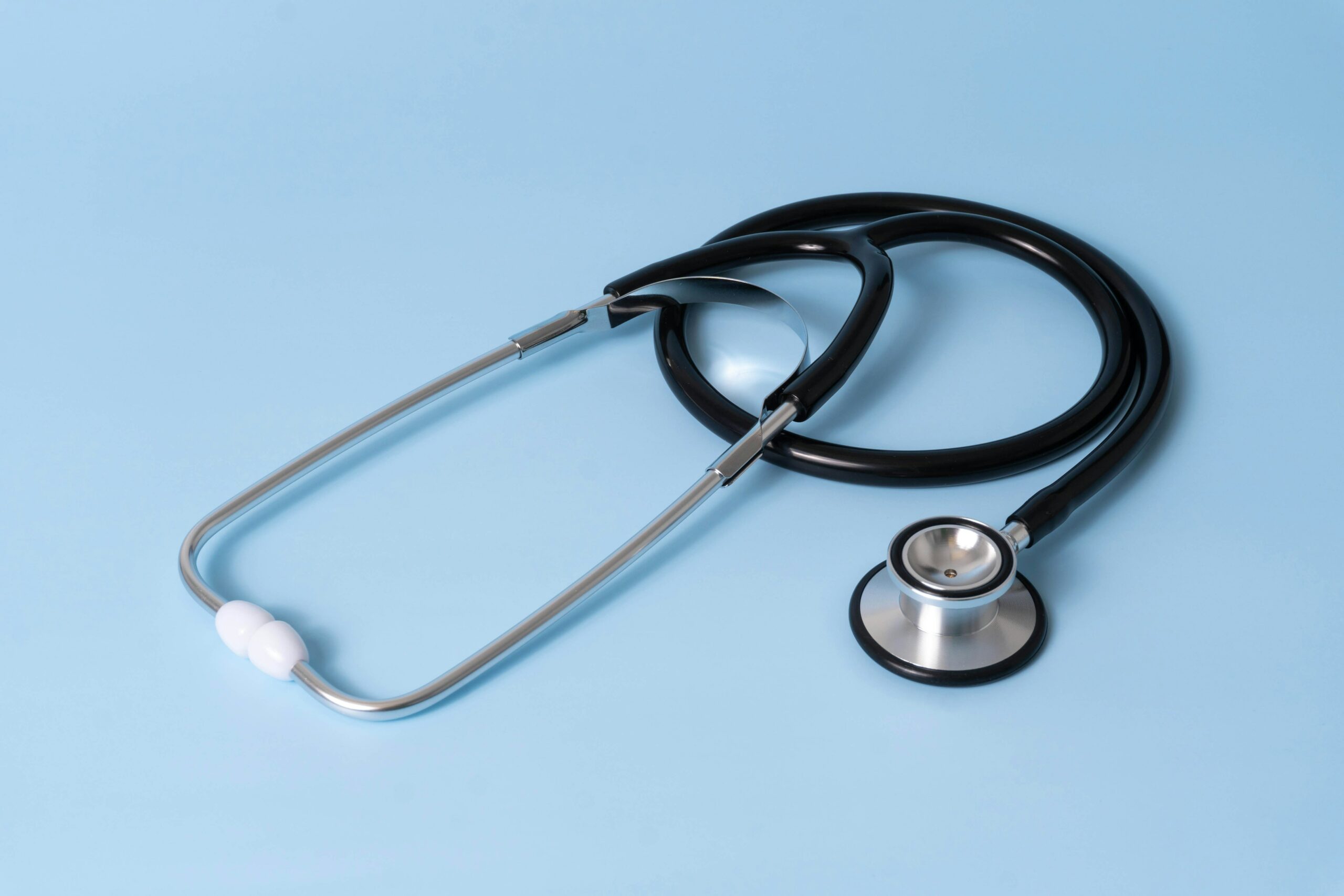
Unpaid fees and out-of-pocket expenses are a source of frustration for many healthcare professionals. Surgeons, anaesthetists, specialists, clinics... There are few who have not been faced with this situation. These unpaid amounts have a direct impact on turnover and often require long and tedious procedures to try and recover the sums owed.
In this article, we'll look at the various steps to take when faced with unpaid fees, and above all, the best strategies for anticipating these situations and avoiding them in the future.
What are the options for dealing with unpaid bills?
If a patient has not paid the outstanding balance or an excess fee, here are the steps you can take to try to recover the amounts due:
1. Amicable reminder
As a first step, contact the patient by telephone, e-mail or letter to remind them of the outstanding payment. Be courteous and suggest a simple solution so that the situation can be rectified quickly.
Advantages :
- Low cost and minimal effort, often effective for simple forgetfulness.
Disadvantages:
- May not be taken seriously by some patients, particularly those accustomed to delaying payment.
- Risk of non-response if the patient is already reluctant to pay.
2. Formal reminder
If a friendly reminder does not produce any results, send a formal letter specifying the amount due, the deadline for payment and the possible consequences of non-payment.
Advantages :
- Formally documented, which can be used as evidence in the event of subsequent legal action.
Disadvantages:
- Can begin to alter the patient-practitioner relationship if perceived as too aggressive.
- Requires more resources and time for drafting and formal delivery.
3. Formal notice
If there is no response, send a formal notice by registered letter with acknowledgement of receipt. This official document informs the patient that legal action will be taken in the event of non-payment.
Advantages :
- Clearly indicates the potential legal consequences of non-payment, increasing the pressure on the patient to settle their debt.
- Prepare the ground for legal action, if necessary.
Disadvantages:
- Can permanently damage the relationship with the patient.
- It is costly and must be sent by legally recognised means (recorded delivery with acknowledgement of receipt).
4. Use of a mediator
Before going any further, you can contact a mediator who specialises in medical disputes. This step often enables an amicable solution to be found, while avoiding costly and time-consuming legal proceedings.
Advantages :
- Offers a peaceful solution and can safeguard the patient-practitioner relationship.
Disadvantages:
- May not be successful if one of the parties is unwilling to cooperate.
- Extends the payback period.
5. Legal proceedings
If all the above steps fail, you can take legal action before the competent court to recover the sums owed. This may include an order to pay or seizure of the debtor's assets.
Advantages :
- A formal procedure that can lead to the forced recovery of amounts owed.
- Sends a strong signal to other patients about the payment policy.
Disadvantages:
- This is often a long and costly process.
If you need to send reminders, you can consult our sample dunning letters.
Although these steps are useful, they are restrictive and time-consuming. That's why it's essential to put solutions in place to prevent these situations before they arise.
Anticipating unpaid fees: effective solutions
Anticipating unpaid bills can help you to secure your income while reducing the stress associated with debt collection. Here are some solutions you can consider:
1. Taking a bank imprint online with Swikly
Swikly offers a simple, effective solution: an online bank imprint. This makes it possible to secure the remaining out-of-pocket expenses or excess fees as soon as the estimate is drawn up.
If the patient does not pay, you can deduct the amount due directly, without having to deal with cheques or cash exchanges. This method is particularly advantageous because the deposit is neither debited nor blocked on the patient's account, thus avoiding any discomfort.
2. Deposit by cheque
Taking out a deposit by cheque, even if it has a few disadvantages (inflexible amount to be cashed, volume that is difficult to manage, etc.), may be appropriate in certain cases.
This is particularly interesting for small businesses with low volumes.
3. Advance payment agreements
Setting up prepayment agreements can be another effective solution. You can ask the patient to pay all or part of the outstanding balance before the service is provided. This secures your fees and avoids any risk of subsequent non-payment.
4. Automated recall systems
Specialised software can send automatic reminders to patients about their forthcoming payments. These tools help to reduce oversights and encourage timely payment.
By combining these solutions, you can effectively secure your cash flow while maintaining a relationship of trust with your patients.
Conclusion: prevention is better than cure
Bad debts are common, but they don't have to be. By taking proactive measures, you can protect your business while simplifying the management of your financial flows. Thanks to solutions like Swikly, you can drastically reduce the risk of non-payment and secure your cash flow without burdening your processes.
To find out how Swikly can transform the management of out-of-pocket expenses and excess fees in your clinic, go to our page dedicated to the medical sector.



